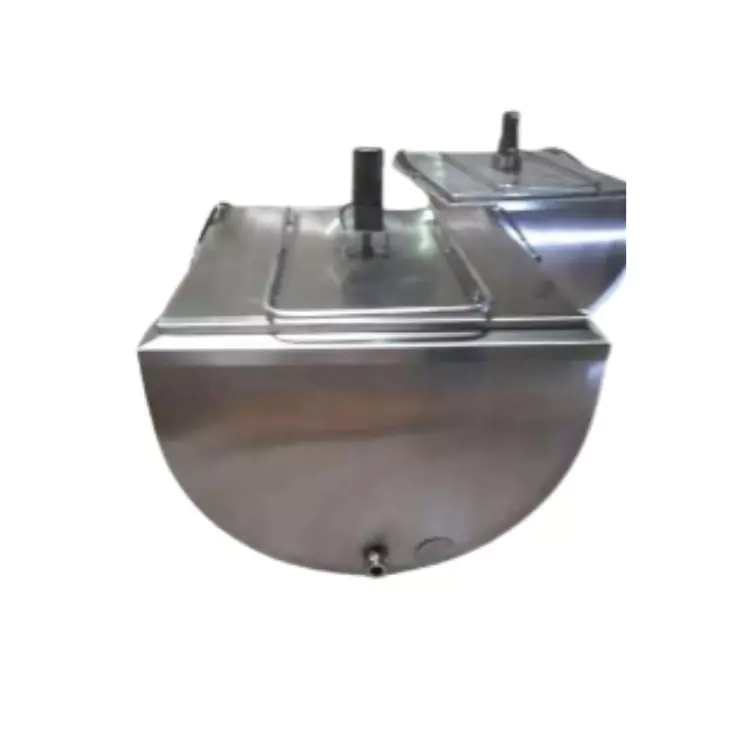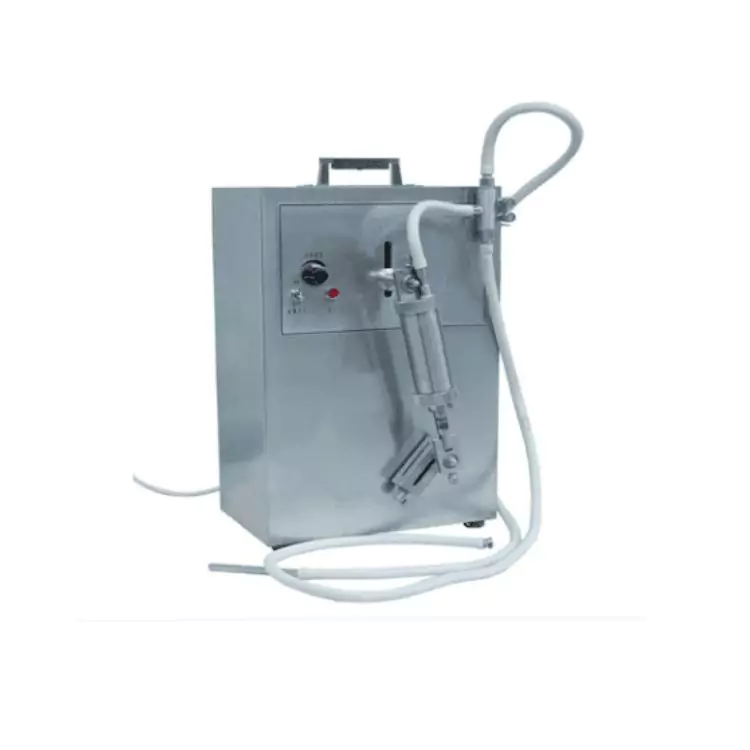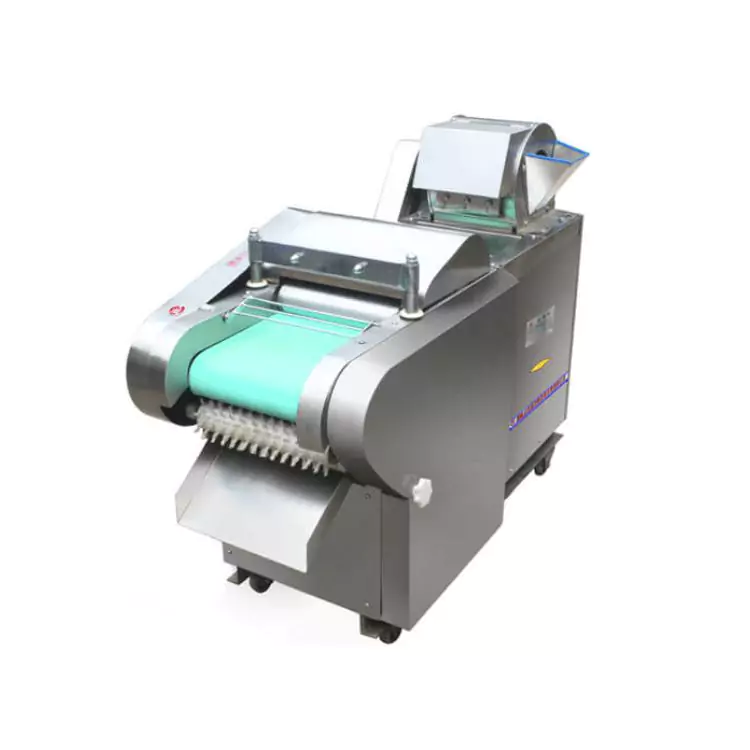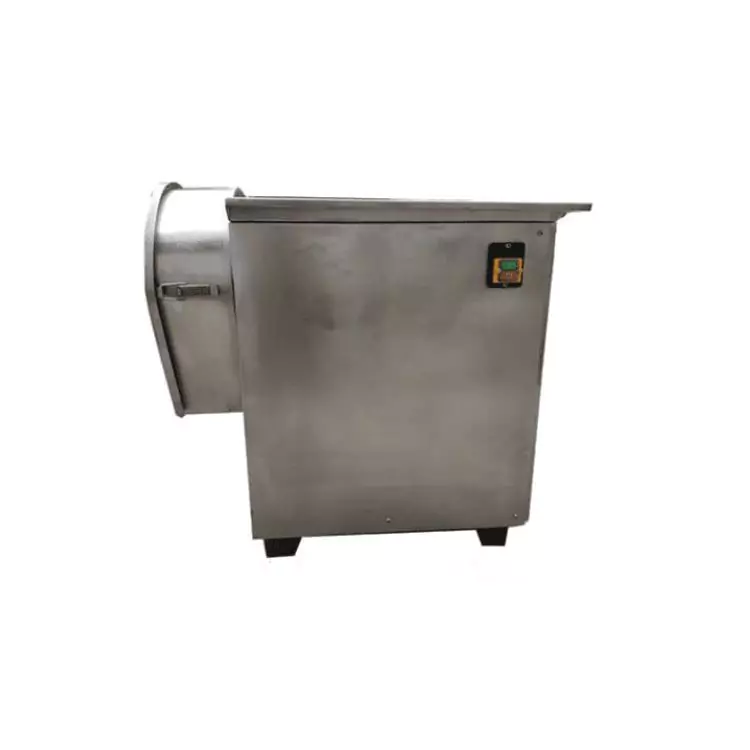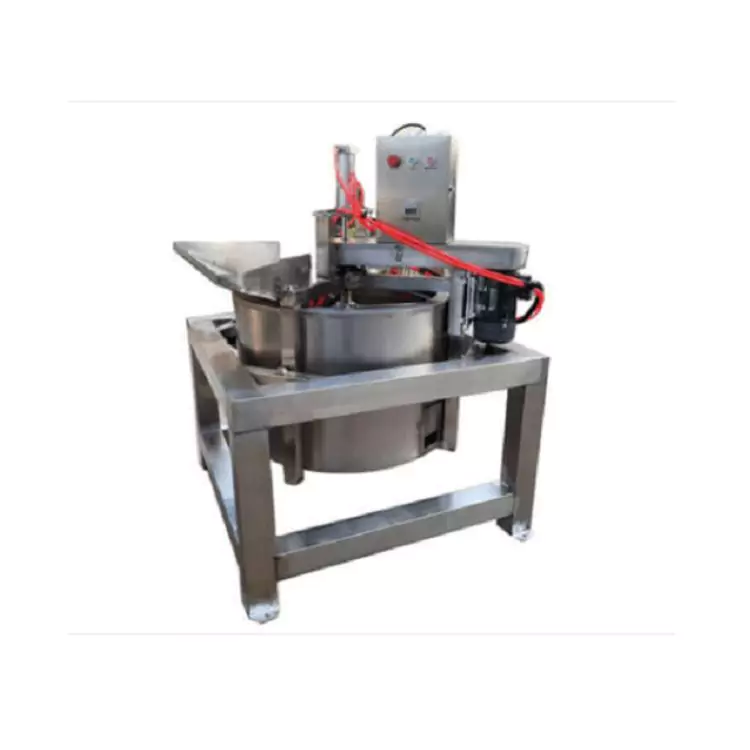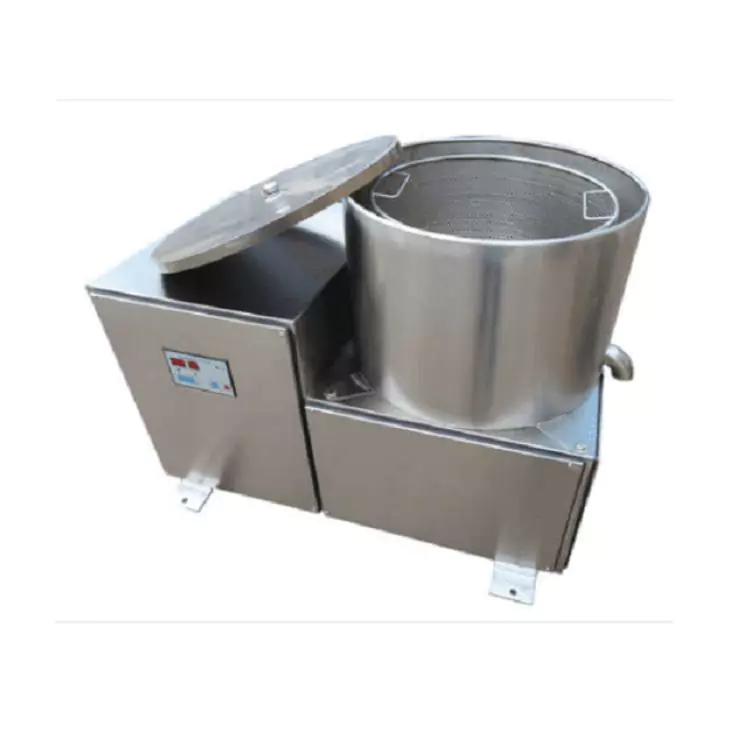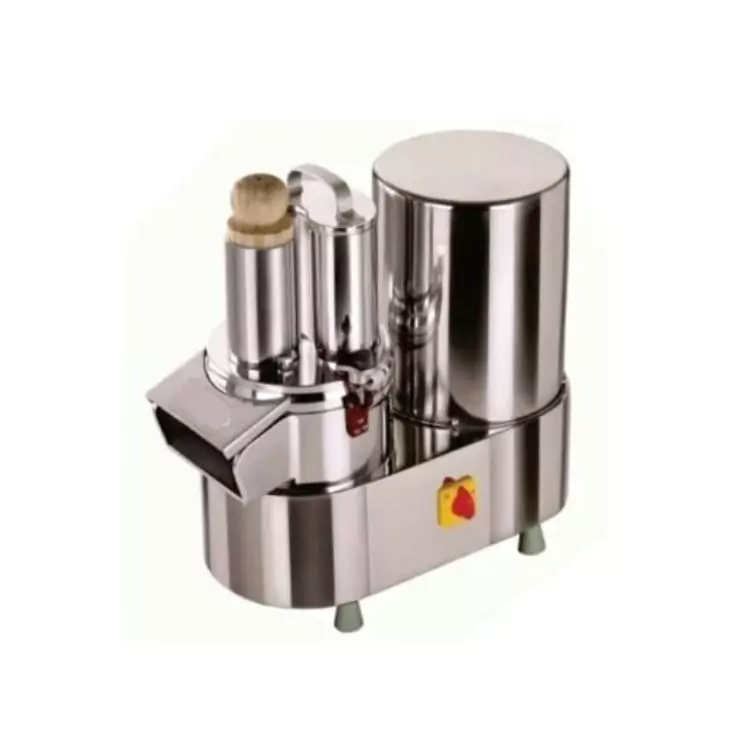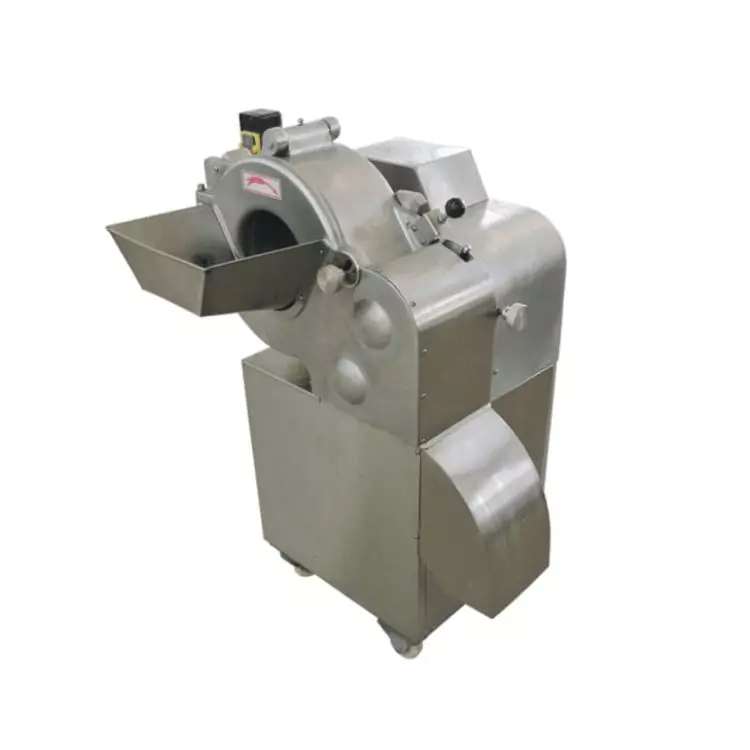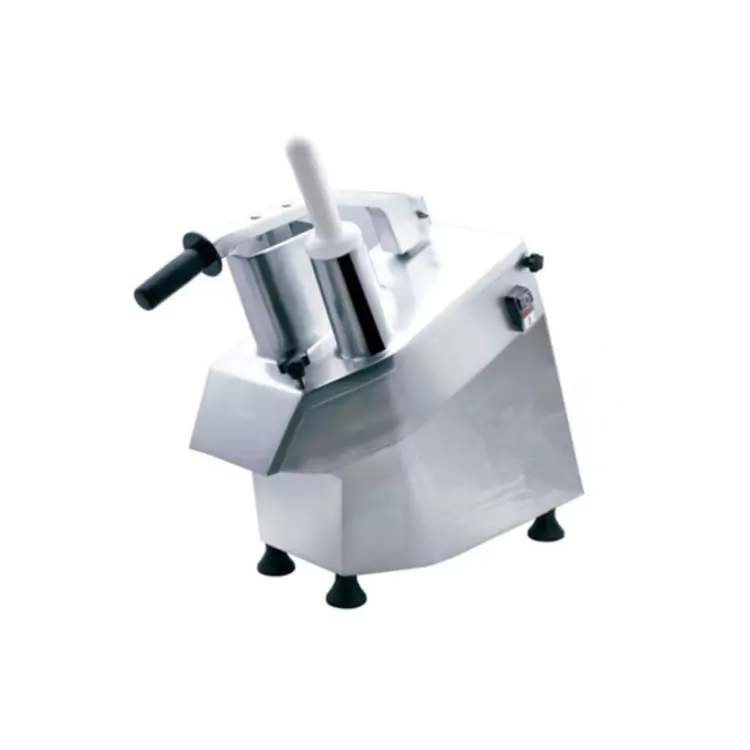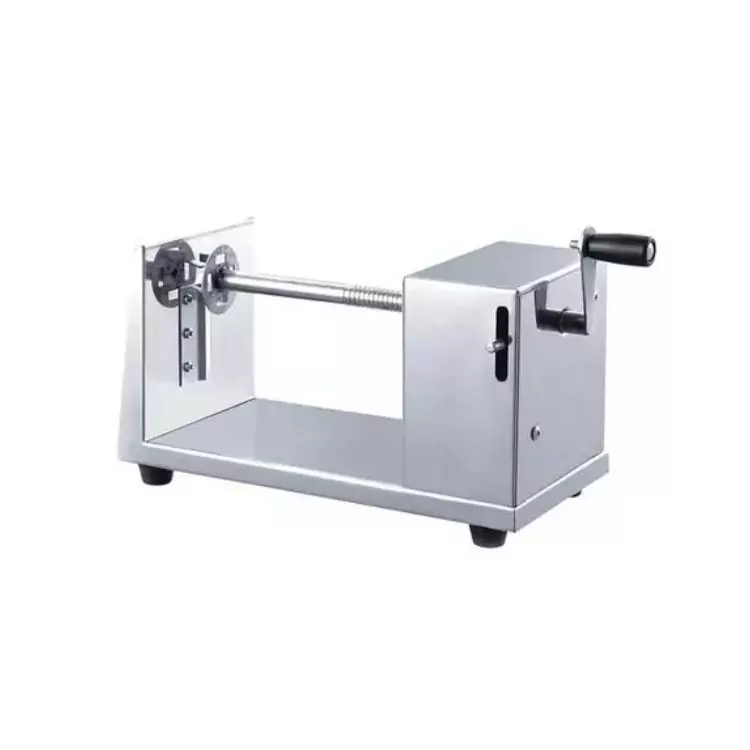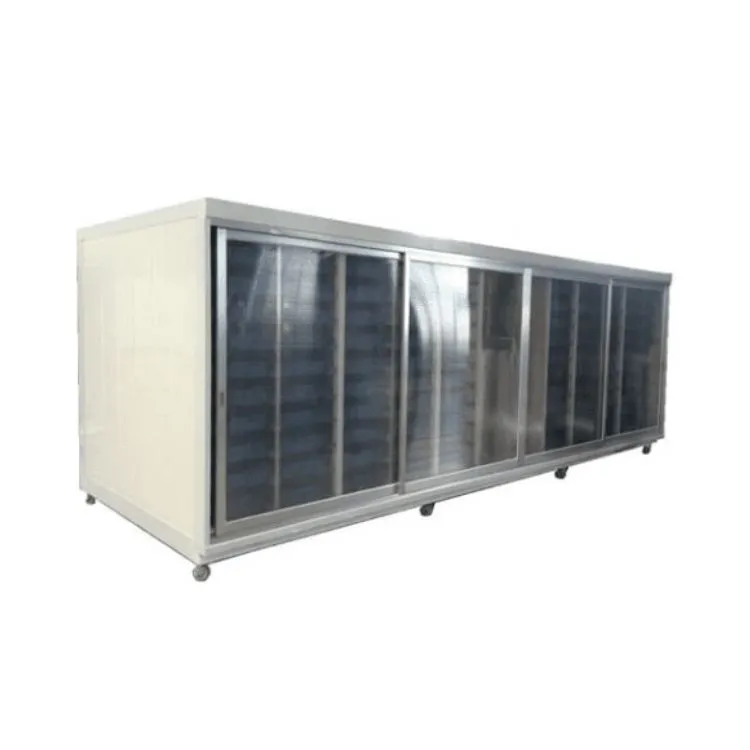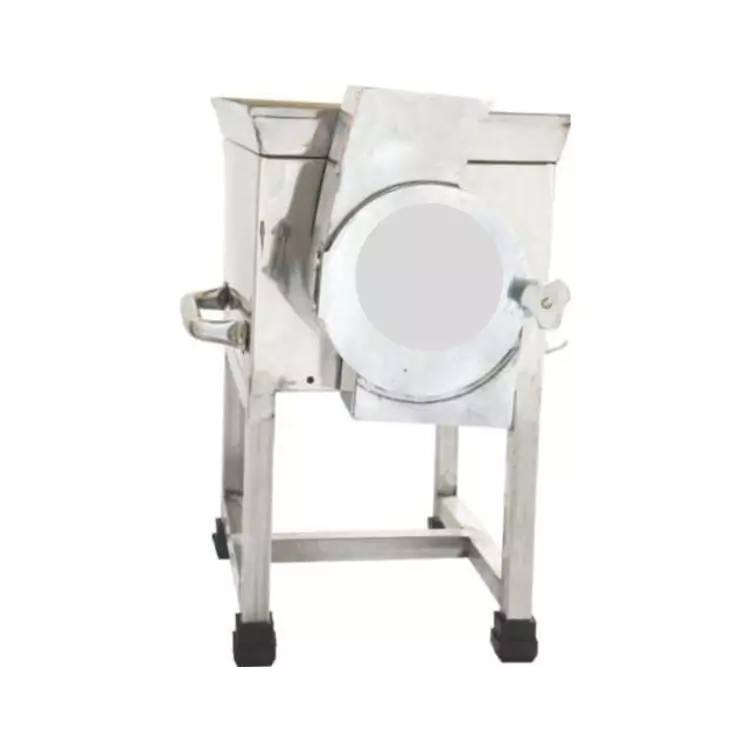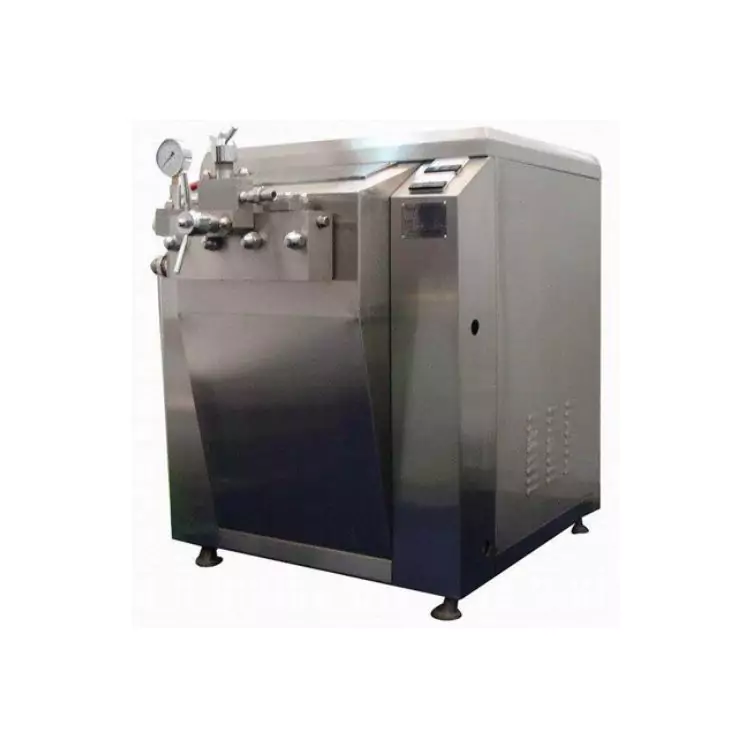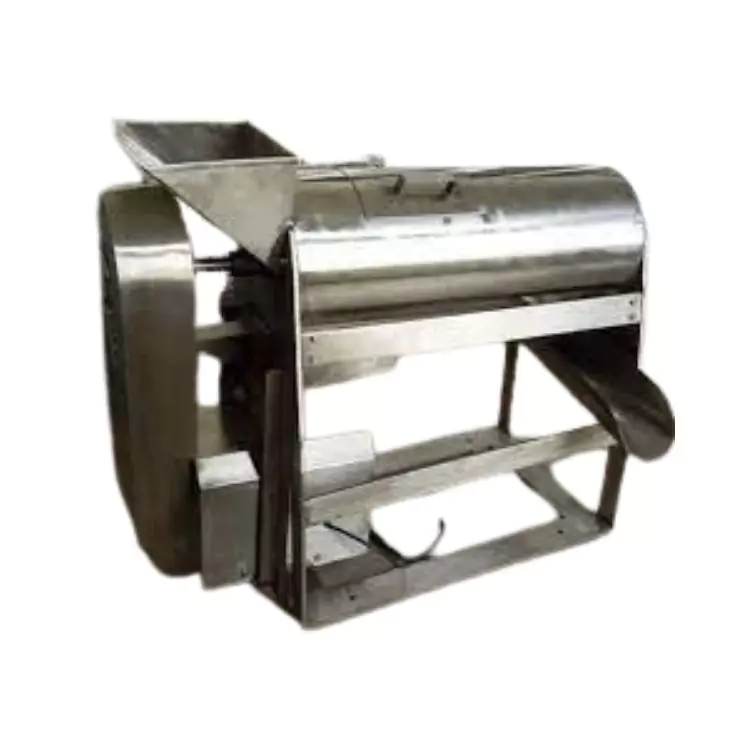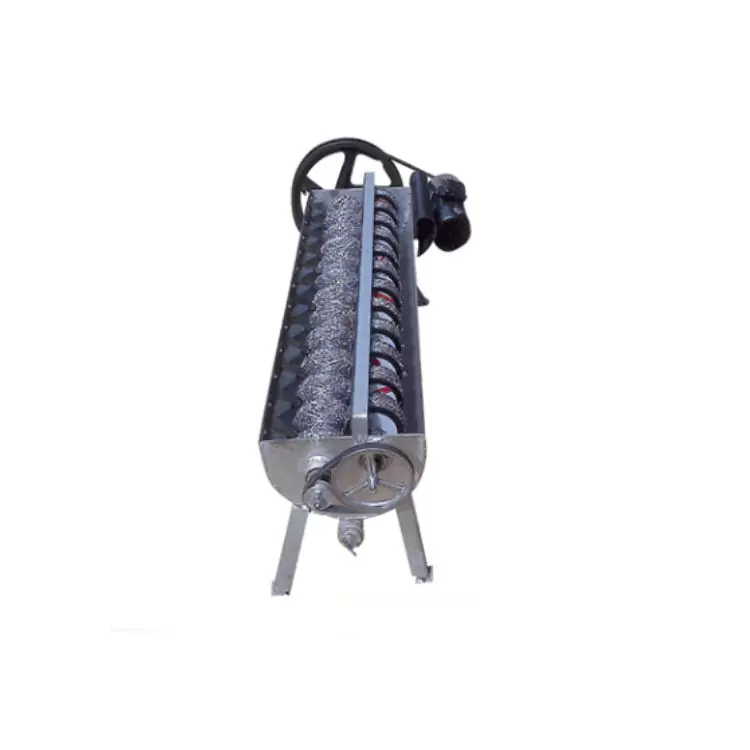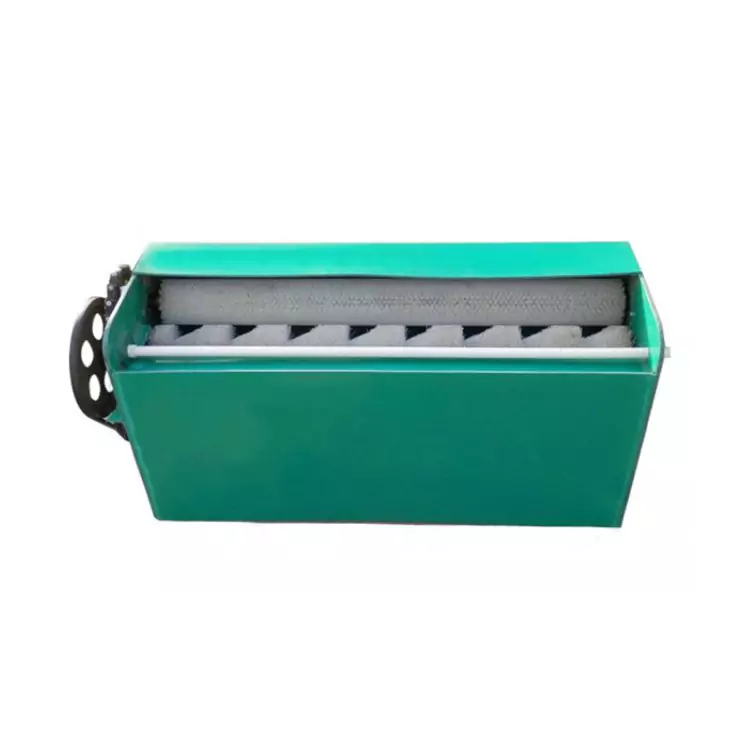The Ultimate Guide to Choosing the Perfect Potato Boiler Machine for Your Kitchen
Are you tired of spending hours boiling potatoes in a regular pot? It’s time to upgrade your kitchen arsenal with the perfect potato boiler machine. Whether you’re a professional chef or a home cook, finding the right appliance can make all the difference in your cooking experience. But with so many options to choose from, how do you know which one is right for you?
In this comprehensive guide, we will walk you through everything you need to know about selecting the perfect potato boiler machine for your kitchen. From understanding different types and sizes to considering features and functionalities, we’ve got you covered.
Our team of experts has spent countless hours researching and testing various machines to provide you with unbiased reviews and recommendations. We’ll help you navigate through the overwhelming choices, so you can make a confident and informed decision.
No matter your budget or cooking needs, this guide will help you find the potato boiler machine that suits you best. Say goodbye to tedious potato boiling and hello to effortless cooking with the perfect appliance for your kitchen.
The Importance of a Potato Boiler Machine in the Kitchen
Boiling potatoes is a common task in many kitchen settings. Whether you’re preparing mashed potatoes, potato salads, or any other potato-based dish, having a reliable potato boiler machine can save you time and effort. These machines are specially designed to cook potatoes evenly and efficiently, ensuring that they are perfectly cooked every time.
One of the key advantages of using a potato boiler machine is the consistency it offers. Unlike traditional boiling methods where potatoes may vary in texture and cooking time, a dedicated potato boiler machine ensures that all your potatoes cook uniformly. This consistency is crucial for achieving the desired texture in your dishes.
Another benefit of using a potato boiler machine is the time-saving aspect. Instead of waiting for a pot of water to come to a boil and then monitoring the cooking process, a potato boiler machine takes care of the entire process for you. Simply load the potatoes, set the desired cooking time, and let the machine do its job. This frees up your time to focus on other tasks in the kitchen.
In addition to saving time, a potato boiler machine also offers convenience. Many models come with programmable settings, allowing you to customize the cooking process to suit your preferences. Some machines even have built-in timers and automatic shut-off features, ensuring that your potatoes are cooked to perfection without any risk of overcooking or burning.
Types of Potato Boiler Machines
When it comes to potato boiler machines, there are several types to choose from. Each type offers its own set of features and advantages, so it’s important to understand the differences before making a decision.
- Electric Potato Boiler Machines: These machines are powered by electricity and are the most common type on the market. They come in various sizes and capacities, making them suitable for both home kitchens and commercial settings. Electric potato boiler machines typically have adjustable temperature controls and timers, allowing you to customize the cooking process.
- Stovetop Potato Boiler Machines: As the name suggests, these machines are designed to be used on a stovetop. They are usually made of stainless steel or aluminum and come with a built-in strainer or removable basket for easy draining. Stovetop potato boiler machines are a popular choice among those who prefer traditional cooking methods and want more control over the cooking process.
- Microwave Potato Boiler Machines: If you’re looking for a quick and convenient option, a microwave potato boiler machine might be the right choice for you. These machines are specifically designed to be used in the microwave and can cook potatoes in a fraction of the time compared to other types. However, it’s important to note that microwave potato boiler machines may not offer the same level of control and consistency as electric or stovetop models.
Factors to Consider When Choosing a Potato Boiler Machine
Now that you’re familiar with the different types of potato boiler machines, it’s time to consider the factors that will help you choose the perfect one for your kitchen. Here are some key considerations to keep in mind:
- Capacity and Size Options: The capacity of the potato boiler machine determines how many potatoes you can cook at once. If you frequently cook for large gatherings or have a busy kitchen, a machine with a larger capacity would be more suitable. On the other hand, if you have limited counter space or prefer smaller batches, a compact-sized machine would be a better fit.
- Power and Energy Efficiency: Electric potato boiler machines consume varying amounts of power depending on their size and features. It’s important to consider the energy efficiency of the machine to minimize electricity consumption and reduce your carbon footprint. Look for models with energy-saving features such as automatic shut-off or adjustable power settings.
- Safety Features: Safety should always be a top priority when choosing any kitchen appliance, and potato boiler machines are no exception. Look for machines with safety features such as heat-resistant handles, secure locking mechanisms, and automatic shut-off functions. These features will help prevent accidents and ensure that you can use the machine with peace of mind.
- Ease of Cleaning: Cleaning kitchen appliances can be a tedious task, so it’s important to choose a potato boiler machine that is easy to clean. Look for machines with removable parts or dishwasher-safe components for hassle-free cleaning. Additionally, machines with non-stick surfaces or easy-to-wipe exteriors can make maintenance a breeze.
Capacity and Size Options for Potato Boiler Machines
When it comes to capacity and size options, potato boiler machines come in a variety of configurations to accommodate different cooking needs. The capacity refers to the number of potatoes the machine can hold and cook at once. It’s important to choose a machine with a capacity that suits your requirements.
If you often cook for large gatherings or have a busy kitchen, a machine with a larger capacity would be more suitable. These machines can typically hold multiple pounds of potatoes and are ideal for restaurants, catering services, or large families. However, it’s worth considering that larger machines may require more counter space and consume more electricity.
On the other hand, if you have limited counter space or prefer smaller batches, a compact-sized machine would be a better fit. These machines are designed to hold fewer potatoes but are more space-efficient. They are suitable for smaller households or those who prefer cooking in smaller portions.
In addition to capacity, it’s important to consider the overall size of the machine. Measure your available counter space before making a decision to ensure that the machine will fit comfortably in your kitchen. Keep in mind that some machines may have additional features or components that increase their overall size, so factor that into your decision-making process as well.
FAQs
A Potato Boiler Machine is a specialized piece of equipment designed to boil potatoes efficiently, often used in commercial kitchens, food processing units, and catering businesses. It is equipped with features to ensure uniform cooking and save time.
The Potato Boiler Machine works by heating water to a specific temperature and immersing potatoes in it for boiling. It typically includes trays or baskets to hold the potatoes, and a heating element to maintain the desired temperature.
- Time-saving: Boils potatoes much faster compared to traditional methods.
- Efficiency: Ensures uniform cooking, resulting in consistent quality.
- Labor-saving: Reduces the need for manual monitoring, freeing up staff for other tasks.
- Versatility: Can be used for boiling different varieties and quantities of potatoes.
While Potato Boiler Machines are primarily designed for boiling potatoes, they can often be used for other foods such as vegetables, eggs, and seafood. However, it's essential to check the manufacturer's guidelines to ensure compatibility and safety.

